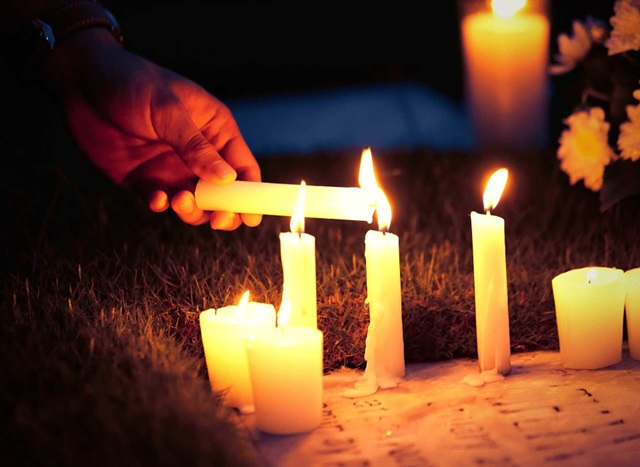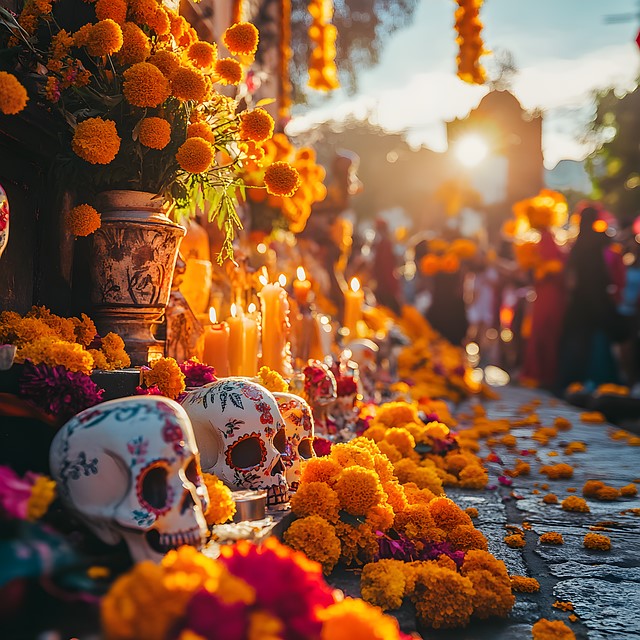All Saints’ Day serves as a reminder that faith is a deeply communal experience shaped by imperfect people, and saints are remembered not for perfection, but for how their flawed lives were transformed.
Match the words in bold 1-7 to their antonyms a)-g) below:
(…) For a religious holiday, All Saints’ Day is surprisingly 1. earthy. It reminds me that for all of us — so-called religious or nonreligious people alike — faith and spirituality are shaped in 2. profoundly relational ways. No one is a “freethinker.” None of us come to what we believe on our own.
For good or for ill, we believe what we believe because of our particular encounters with people and human communities. All systems of belief and practice are handed down in 3. ordinary ways by people with particular names, faces, languages, traditions, limitations and 4. longings.
In popular imagination, a saint is someone who is perfect and 5. selfless, who dwells in holy ecstasy and 6. impeccable goodness. “Don’t call me a saint,” Dorothy Day said. “I don’t want to be dismissed that easily.”
But saints are imperfect people. And this is what draws me to this day. Christians don’t remember these men and women because they were perfect. We remember them because, like us, they were broken, selfish and 7. fearful, yet God wrought beauty and light through their lives. (…)
a) bold
b) incompletely
c) loathing
d) mean
e) sophisticated
f) unconventional
g) imperfect
Key: 1e); 2b); 3f); 4c); 5d); 6g); 7a)
To read the whole article, go to: https://www.nytimes.com/2021/10/31/opinion/all-saints-day.html
Glossary
- for good or for ill – out of anyone’s control whether it happens and what its effects will be
- longing – a feeling of wanting something or someone very much
- to dwell in – to live in
- impeccable – free from fault or blame; flawless
- wrought – brought into being
Practice makes perfect
Fill in the text with ONE word:
All Saints’ Day, celebrated on November 1st, is a Christian holiday 1. ……. honors all the saints, 2. ….. known and unknown, who have lived in God’s presence. It marks the beginning of Allhallowtide, a period in the liturgical year dedicated 3. …… remembering 4. ….. dead, including saints, martyrs, and all the faithful departed. The origins of All Saints’ Day can 5. …… traced back to the early centuries of Christianity, when Christians who died as martyrs 6. …… considered saints. 7. ….. the anniversary of their deaths, Christians would visit their tombs and celebrate the Eucharist. This practice gradually expanded to include remembering other outstanding Christians on their death anniversaries, leading to a calendar filled with memorials of the saints. In the ninth century, Pope Gregory IV designated November 1st 8. …… the day to remember all the saints.
While All Saints’ Day is a Christian holiday, 9. …… origins are intertwined 10. ….. ancient Celtic harvest festivals, particularly Samhain. Some scholars believe that Samhain, with its pagan roots, was Christianized as All Hallow’s Day, along with its eve, Halloween. Others argue that Halloween began solely as a Christian holiday, serving as the vigil of All Hallow’s Day. Regardless 11. …. its origins, All Saints’ Day has evolved 12. …. a celebration that transcends religious boundaries, with many non-Christians around the world participating in its observances.
Key: 1. that; 2. both; 3. to; 4. the; 5. be; 6. were; 7. on; 8. as; 9. its; 10. with; 11 of; 12. into
Discuss
- What is the significance of All Saints’ Day in the Christian faith?
- How is All Saints’ Day celebrated in various communities around the world?
- What do you think about Halloween?
- Do children go trick-or-treating in the place where you live?
Watch and revise!
Celebrating All Saints’ Day
https://www.cloud.worldwideschool.pl/index.php/s/PEWdTHmyGBpeJL2
(5198)






